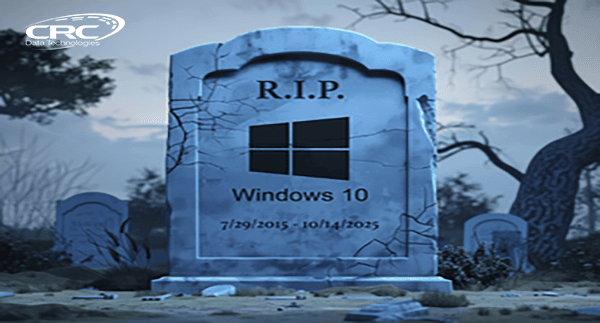With Windows 10 support ending on October 14, 2025, upgrading to Windows 11 is a strategic move to enhance security, boost productivity, and ensure long-term business continuity. Delaying the transition could leave your systems vulnerable to security threats and software compatibility issues.
Benefits of Windows 11
Windows 11 strengthens security with TPM 2.0, Secure Boot, and Virtualization-Based Security (VBS), providing better protection against cyber threats and ensuring compliance with modern security standards. Regular security updates help safeguard sensitive business data and reduce the risk of malware attacks.
Productivity also gets a boost with a streamlined interface, Snap Layouts for intuitive multitasking, and integrated Microsoft Teams for seamless collaboration. Improved touch and pen support enhances flexibility across different devices, while long-term Microsoft support ensures ongoing updates and access to the latest applications.
Risks of Not Upgrading
Failing to upgrade before Windows 10 reaches end-of-support can have serious consequences:
- Security Vulnerabilities – No more security updates, leaving systems exposed to cyber threats.
- Software Incompatibility – New applications may not support Windows 10, causing performance issues.
- Higher Maintenance Costs – Outdated systems require extra IT resources to manage security risks.
- Compliance Risks – Running an unsupported OS may violate industry regulations and lead to penalties.
Why Upgrade Now?
After October 14, 2025, Windows 10 will no longer receive security updates, increasing security risks and software compatibility issues. Upgrading early allows for proper hardware assessments, staff training, and budget-friendly implementation, ensuring a smooth transition with minimal disruptions.


